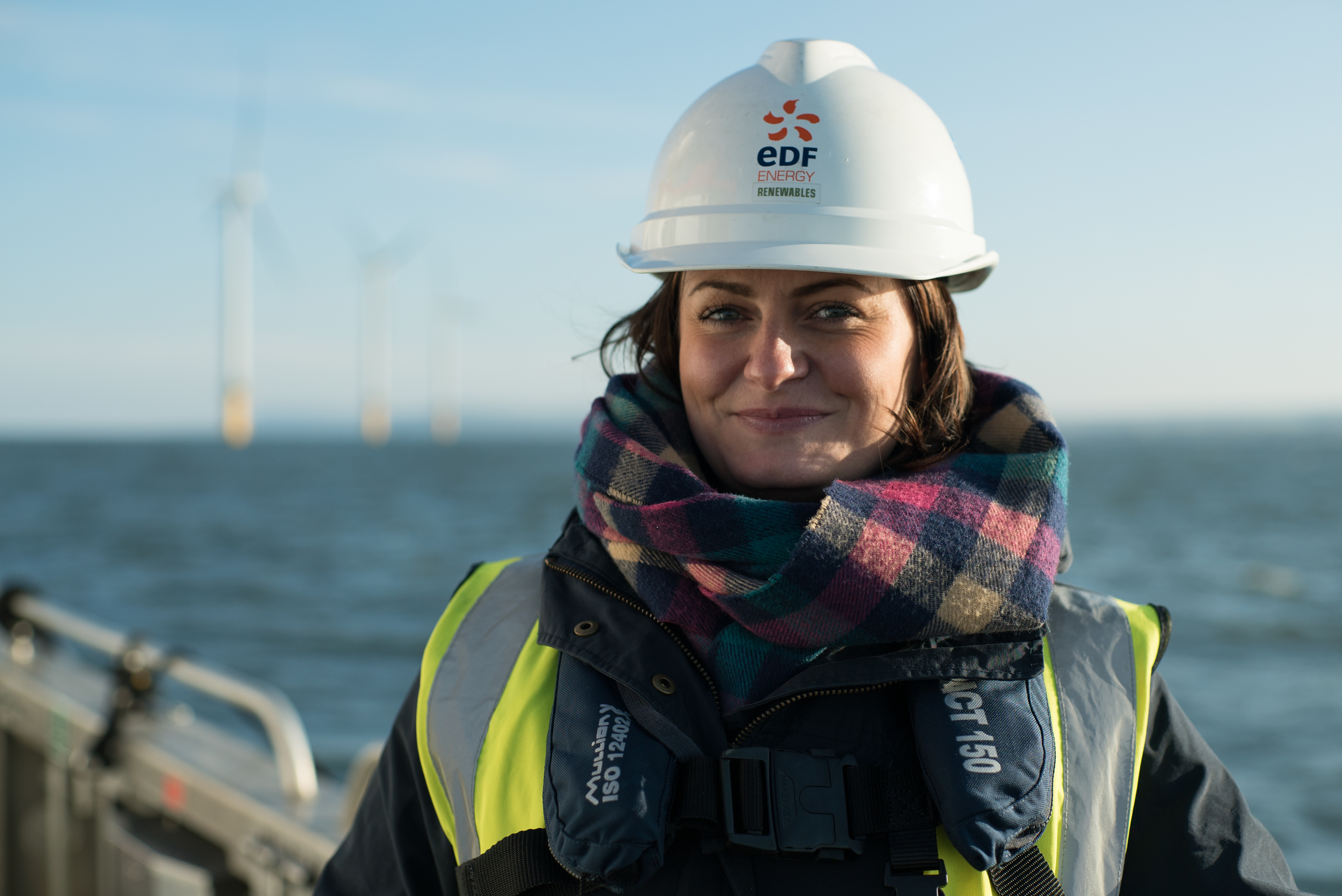A University of St Andrews graduate has joined a campaign encouraging more women to study science.
Claire Canning, 30, who works as a renewable energy research engineer, features in a film produced by her employer EDF Energy aimed at teenage girls facing career choices.
The short film, which uses virtual reality effects, has been put together to show how choosing Science, Technology, Engineering and Maths (STEM) subjects can lead to exciting opportunities.
Having graduated as a marine biologist, Ms Canning took a different career path when she trained as an engineer.
“It was so exciting. A completely different career path for me,” she said.
“There are always new challenges. I get to travel a lot and it’s really opened up so many doors for me.”
EDF Energy hopes to increase its number of female STEM apprentices to 30% by 2018 and runs a programme called Pretty Curious to address the under-representation of women in the workplace.
Ms Canning, who is studying for a PhD in Edinburgh, said: “The campaign I’m involved in with EDF is to try to inspire girls. There’s a whole world of career opportunities in STEM.
“There’s a new report showing that in the next six years or so STEM jobs will rise at double the rate of other occupations.”
While Ms Canning said she had not been affected by discrimination on the basis of her gender, as a female engineer she is often outnumbered by men.
“During a meeting or conference I’m quite often the only woman in the room,” she said.
“I’m used to it now, but at the beginning it was a bit intimidating.
“We need 50-50 representation.”
A recent study called Jobs of the Future, carried out by the Social Market Foundation and commissioned by EDF Energy, found that jobs in science, research, engineering and technology are expected to grow at double the rate of other occupations, creating 142,000 extra jobs between now and 2023.
And over the next six years, 52,355 STEM industry positions will need to be filled across Scotland alone.










